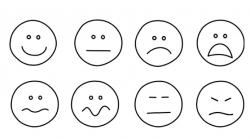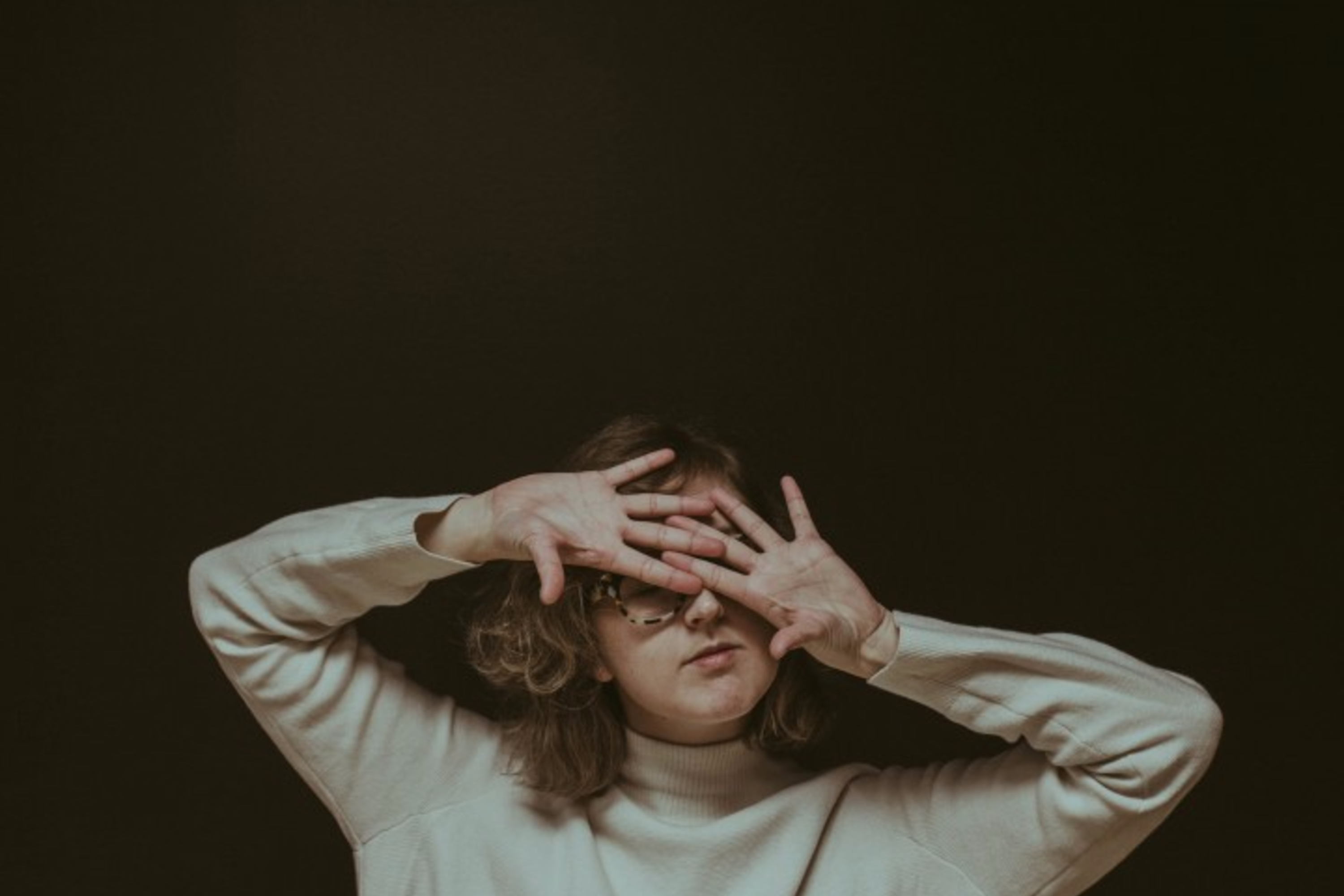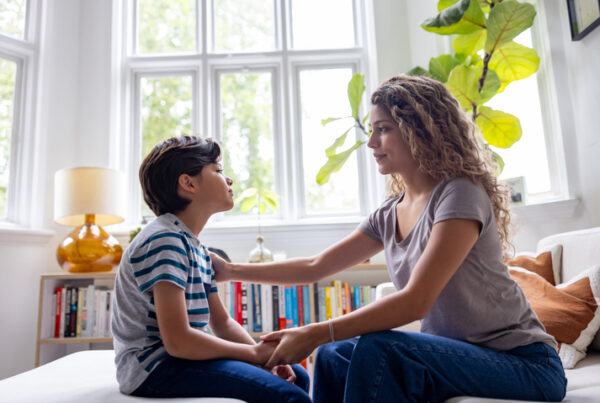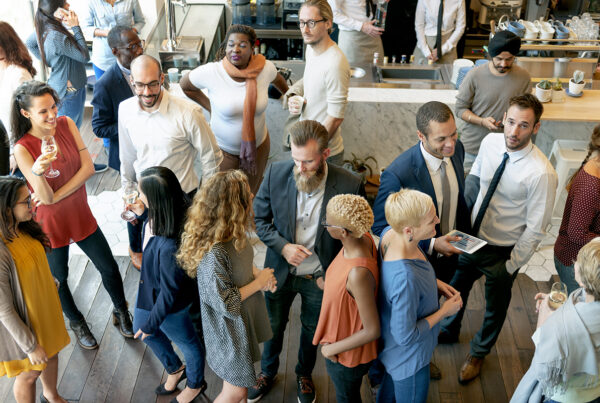 I've informally tracked some of the feelings that accompany social anxiety, as shared with me by people who have experienced them. It is so much more than apprehension and nervousness, which I did not put on the list because they are so obvious. For many people, social anxiety is the fear AND the regret of imperfections AND the shame of being on the outside. If you suffer from social anxiety, you've likely experienced many, if not all, of these emotions.
I've informally tracked some of the feelings that accompany social anxiety, as shared with me by people who have experienced them. It is so much more than apprehension and nervousness, which I did not put on the list because they are so obvious. For many people, social anxiety is the fear AND the regret of imperfections AND the shame of being on the outside. If you suffer from social anxiety, you've likely experienced many, if not all, of these emotions.
1. Fear (naturally)
The fear of being in the spotlight is perhaps the most common feeling associated with social anxiety. That fear is crippling and manifests itself in a number of way: sweaty palms, racing heart, dry mouth, blushing, and shaking hands. It could be any number of things that provoke the fears: the thought of giving a speech, performing in front of others, speaking out in class, meeting someone new, or simply walking into a room. Any one of them is sufficient to provoke this feeling.
2. Dread
Dread is the anticipation of something unpleasant. Our over-thinking of an upcoming event, such as a family gathering, holiday, or birthday celebration, can turn the days leading up to that event into long hours of nervousness and discouragement. We don’t know that the prediction we are making will really come true (e.g. that others will stare or judge, or that I won’t know what to say), but dread involves bracing ourselves for misery anyway.
3. Embarrassment
Embarrassment is associated with our tendency toward self-criticism and judgment. We are overly concerned with the judgment of others and project our own self-criticism onto them. “(Gasp) They heard me say something incorrectly, or they saw me do that awkward thing, or they are all just about to focus on me.” We think our smallest mistakes are insurmountable gaffes, obstacles that cause others to judge and reject us. We discuss this topic more in our post about dating with social anxiety.
4. Sadness
Sadness stems from the thought that the world is passing us by and we can only sit by helplessly and watch. Social anxiety brings with it the urge to avoid people - even though we long for relationship - so our worlds get smaller, and then we feel lonely and think we're really missing out.
5. Disappointment
Disappointment is born of the many missed opportunities for engaging with friends and family. Every holiday, every birthday, every night out for others is another disappointing reminder of what I don’t have. I see how much everyone else enjoys each other’s company and long for the same.
6. Hurt
Beyond the pain of not enjoying the company of others, we can be emotionally hurt by the lack of understanding that others have for our problems with social anxiety. Sometimes they don't know how their behavior affects us, but it would be too awkward to ever discuss how it hurts to be uninvited, excluded from conversations, or teased.
7. Anger
We are angry at ourselves and at others. Why can't I go out in public? Why can't I speak to others? Why was I made this way? Why doesn't anyone understand?
8. Loneliness
The loneliness is that disconnect that we feel as we watch others get together, go out, and enjoy each other's company. We want desperately to join in but feel helpless to do so. We may have turned down a few offers for social contact in the past, but we still long to be included and connected.
9. Shame
I am the only one in my family who can't go to the family reunions. It feels like there is something wrong with me and that it would be humiliating if others knew I was socially anxious. So I do what I can to conceal it.
10. Panic
Some people had never heard of panic attacks before basketball player Royce White reported them publicly. But those of us who have experienced them rarely forget that feeling of panic, sometimes enveloping us when the spotlight hits us and we freeze. It’s as if the entire body and mind lock up in suspended animation. It feels like we must struggle to even breathe as if detached from our own bodies. The animal response is “fight or flight” but there is no physical threat. One of the main goals of Cognitive Behavioral Therapy (CBT) is often to overcome that conditioned response.
So how closely do these track with your own experience? Whatever the case, just remember: don't give up.




